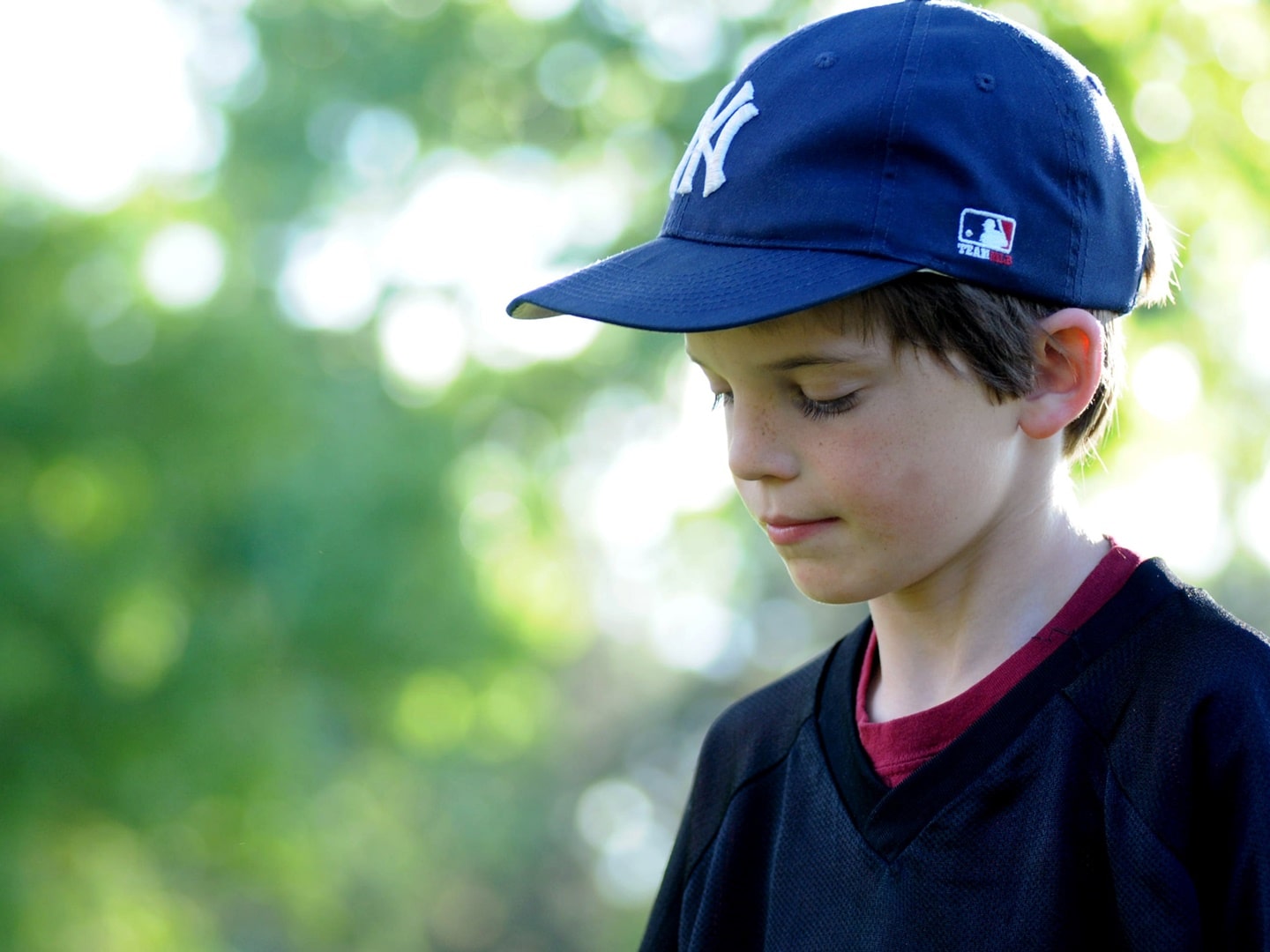The topic that Kids Matter has most often been asked to discuss in response to coronavirus/lockdown is the impact of Covid-19 on vulnerable children.
We’ve found that the discussion naturally evolves into four different sub-topics, which we have formulated into questions: What is the need? What is the opportunity? What is the challenge? What can we do? As you might expect, there is a lot to say! So, we have created a four-part written series to answer these questions, with insights from Dr Eli Gardner, clinical psychologist and director at Kids Matter. This is the fourth and final in the series – What can we do?, a continuation of What is the need? , What is the opportunity? and What is the challenge?

England’s Children’s Commissioner Anne Longfield recently told the BBC:
After the school six-week holidays it’s always the case that there are spikes in referrals to social services for children so, after six months, we should expect there to be a really significant increase in the number of children who there are concerns about…there’s a danger that in five years’ time we look back and there’s a generation of very vulnerable teens that we let just slip out of view at this time with terrible long term consequences.
The first thing we need to do in addressing the needs of the most vulnerable children in our country is acknowledge that the need is now and that if nothing is done, there will be long-term consequences. Broadly speaking, here’s the rest of what we think needs to happen to address the crisis:
- At a social policy level, the level of need needs mapping and crucially, joint working with local partners is essential to ensure no families slip through the net.
- We need new models of delivery of child/adolescent and parenting interventions which use video and digital approaches to support children and families in spite of lock down and the infrastructure to support them such as funding and advice.
- There needs to be much more consistency between schools regarding engagement of vulnerable children with support given in the case of further lockdown situations (locally or nationally) to help close the gap for them.
- All families with children should be connected to broadband and be given a suitable device.
We need joined up, thoughtful working out now of a combination of both digital and relational input to ensure all children have their needs met and in particular the most vulnerable amongst them.
But what about you and me? – What about those of us who are just regular people not working in government or for the NHS or working on the frontline in this pandemic? What can we do? How can we make a difference in the lives of children and families?
- We can use our spheres of influence to raise awareness of the seriousness of these issues and the impact on society long term if we do not look after children today. In other words, talk about it. Don’t ignore it and think the need will go away or that somebody else will fix it.
- Engage in your community. Do you know your neighbours? There were many wonderful stories that came out of lockdown about communities (by street or neighbourhood) setting up Whatsapp groups in support one another – if one family was self-isolating, another could drop food or necessities at the door etc. This is a great way to support one another locally, and then you might be able to expand this support to disadvantages communities that might be a little bit outside your local sphere of influence.
- Contact any local organisations/church and see if there is anything you could do to support families in your community.
What is Kids Matter doing to support children in need? And how can you help?
Kids Matter is a parenting programme that equips parents and carers facing disadvantages with confidence, competence, and community, enabling their children to thrive. Why a parenting programme?
Our vision is to see every child in need raised in a strong family. Poverty and the far-reaching impact of Covid-19 are rendering families in already disadvantaged communities unable to cope, and it is children who suffer the most in these situations. If we don’t do anything to address this, we will have millions of children growing into adults with emotional, psychological, and social problems. Research has shown that the most effective early intervention to prevent these issues is group-based parenting programmes.
We engage local churches to use our relational, evidence-informed programmes for families of all faiths and none in their communities. Skilled peer facilitators from these churches make long term commitments to support families in prisons and in communities across our country.
You can help us by:
- Sharing with others what we do.
- Partnering with us.
- Training as a Kids Matter facilitator to run programmes in your community.
- Donating so that we are able to continue to support children and families at this critical time.
Do get in touch if you’d like to continue the conversation.
Kids Matter is a programme that engages with families and young children before crisis point – it strengthens families by giving mums and dads the tools to be competent, confident parents or caregivers. To get involved, as a volunteer or by financially supporting our programme, please contact us at info@kidsmatter.org.uk